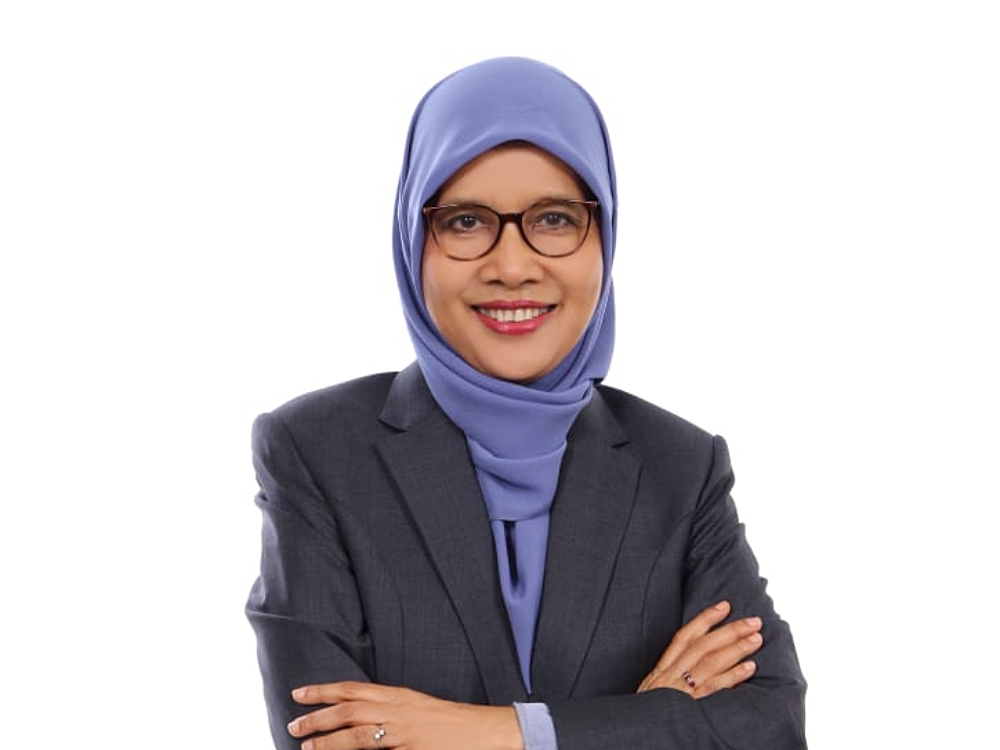ADVERTISE HERE

Dr Azizan said for many years, the Parallel Pathway had complemented the local masters programme in producing many of the country’s specialists.
KUCHING (Feb 1): The Malaysian Medical Association (MMA) unequivocally supports the Parallel Pathway Programme for the training of specialists in government hospitals and clinics across the country in addition to the masters programme run by local universities.
Its president Dr Azizan Abdul Aziz said for many years, the Parallel Pathway had complemented the local masters programme in producing many of the country’s specialists.
“We are relieved to hear that the Ministry of Health (MoH) has no plans to abolish the Parallel Pathway Programme and thank Health Minister Datuk Seri Dr Dzulkefly Ahmad for pledging his commitment to resolving the specialist training issues.
“While the ministry has clarified its position concerning this issue, we hope that its policy will be reflected on the ground, in its implementation,” she said in a statement.
She was responding to Dr Dzulkefly’s recent statement where the minister had pledged to resolve problems related to the Parallel Pathway Programme, or specialists’ training programme, as part of his 100-day key performance index (KPI).
Dr Azizan said many junior doctors have written to the MMA, complaining about the limited offerings in the Federal Training Prize (HLP) scholarships and the long wait for entry.
“Many have been waiting for years while some have migrated overseas out of sheer frustration with the system.
“We are deeply concerned as these limited openings and long waits are affecting the morale of the medical officers (MOs) concerned and not to mention causing a massive delay in the production of specialists our country so desperately needs,” she said.
She pointed out that Malaysia is short of specialists across the board, especially in public healthcare services and as such, any curtailment would reduce the number of new specialists significantly.
“It is important to note that the majority of specialists in certain fields like medicine, paediatrics and even family medicine are from the parallel pathway with the training being done in MoH hospitals, clinics and by the ministry’s doctors.
“The government has set a target of 28,000 medical specialists in six years. However, with issues affecting the production of specialists, it is unlikely that we will achieve this target,” she said.
She noted that Malaysia’s specialist to population ratio currently stood at 4:10,000 while the Organisation for Economic Co-operation and Development (OECD) average is 14.3:10,000.
“There are less than 13,000 medical specialists in both the public and private healthcare sector in the country. Around 9,000 medical specialists serve in MoH healthcare facilities.
“There are more than 3,000 MOs in the Parallel Pathway Programme at this moment and training mainly under MOH hospitals and doctors.
“We don’t need another reason for MOs to leave. If they go abroad, it is unlikely we will ever get them back,” she remarked.
She said the young doctors at present have been very distraught due to many issues affecting their careers.
“Any additional restriction on training avenues, intakes, number of placements, or the need for HLP for Parallel Pathway entry without the same benefits as the local masters programme will cause more harm to the future healthcare of the country.
“The young doctors need the right signal from the top that their training future is clear, secured and training opportunities are made available for them.
“Today’s generation wants the freedom to decide. Having an internationally accepted degree will allow them to further their training abroad later when they want to sub-specialise,” she said, adding that Malaysia would stand to benefit should these doctors return to practice.
Dr Azizan said MMA recently conducted a postgraduate training pathway survey and would soon be releasing its findings.
“There have been calls by some that at this point of time since independence that training of specialists should be under the purview of national universities only and parallel programmes are not needed.
“This is sadly a short-sighted view where the nation’s needs and requirements are placed secondarily when in actual fact, the nation’s needs and requirements should be the guiding light in any decision-making.
“The government introduced the Health White Paper last year to improve the services for the people, however it will be difficult to attain its goals with a reduced number of specialists and especially so when those from family medicine – a medical specialty within primary care, are inadequate. This is also a field which the parallel pathway is a contributor to,” she said.
She said MMA supported training in both MoH and universities as has been the practised over many years.
“The strong goodwill between universities and the MoH must be maintained. Attempts by certain groups to dismantle the MoH’s Parallel Pathway Programme represent a step backwards, will exacerbate brain drain and deepen the existing low morale among healthcare professionals.
“It is disheartening to see that, instead of addressing the challenges, these moves seem intent on further complicating an already strained situation. It will be of deep regret to the future generation if that is allowed to happen,” stressed Dr Azizan.









 English (US) ·
English (US) ·